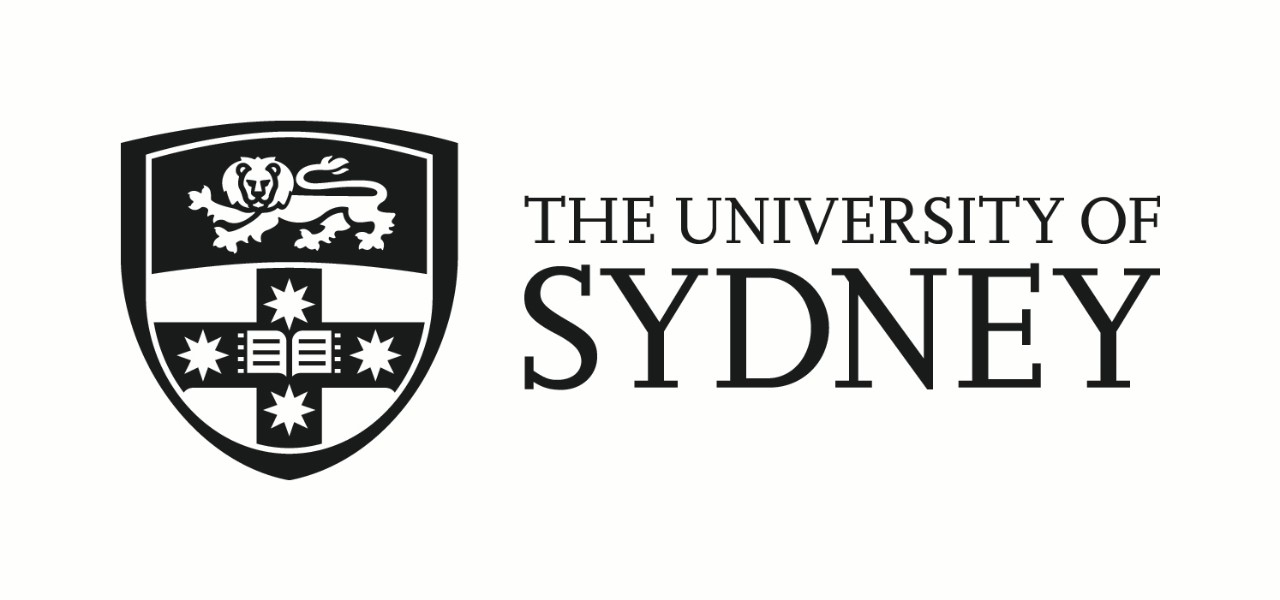
This article is sponsored by the University of Sydney. Authorised by Vice-Chancellor and Principal Prof. Stephen Garton. Enquiries: 9351 2000; info.centre@sydney.edu.au
_________________________________________________________________
A new three-paper series in the Lancet, co-led by a University of Sydney academic and featuring University of Sydney authors, reveals that since the 2016 Olympics worldwide progress to improve physical activity has stalled with deaths associated with inactivity still at more than five million per year.
The slow progress on inactivity has been exacerbated by the Covid-19 pandemic, with lockdowns likely associated with overall less physical activity worldwide.
The researchers examined the missed opportunity of the Olympic legacy in physical activity promotion, levels of physical activity in adolescents and for people with disability.
The findings highlight that adolescents and people living with disabilities were among the least likely populations to have the support needed to meet the World Health Organization (WHO)’s physical activity guidelines. In addition, researchers found no measurable change in participation in sports either immediately before or after previous Olympic Games.
“The irony of the Olympics is that for most people they’re really about sitting on the couch watching sport on TV,” says Associate Professor Melody Ding, from the University of Sydney’s Charles Perkins Centre, who co-led the Lancet series with two international colleagues.
“We should consider the Olympics an opportunity to remind the public and our decision makers of the importance of physical activity. This isn’t something we should be thinking about once every four years. It should be a conversation we’re having all the time.”
Lack of support for people with disability, adolescents
The Lancet series’ global analysis of 1.6 million school children from 146 countries has found no progress has been made to improve adolescent physical activity.
It is the most up-to-date analysis of its kind, finding 80 per cent of school-going adolescents failed to meet the WHO recommended guidelines of 60 minutes of physical activity per day, similar to figures reported in a 2012 Lancet article.
Key findings:
- 80 per cent of school-going adolescents do not meet WHO guidelines for physical activity.
- 40 per cent of adolescents never walk to school.
- 25 per cent sit for more than three hours per day in addition to sitting at school and for homework.
- 60 per cent of boys and 56 per cent of girls spent two hours or more a day watching television.
- 51 per cent of boys and 33 per cent of girls spent two hours a day or more playing video games.
Olympics must provide a legacy for health that lasts
The third paper in the series found the Olympic Games had a minimal impact on physical activity in host cities and are a missed opportunity to promote and improve health at the population level.
Researchers found no measurable change in participation in sports either immediately before or after the Olympic Games. This was true even after the Games initiated the global impact project in 2001, which suggested that cities collect indicator data before and after the Games that specifically include legacy information on grassroots sports participation.
These findings suggest that more planning and greater public health efforts are needed to generate a legacy of more physical activity following the Olympics or other mass sporting events.
“The Olympics provide a global stage to get people interested in and excited about physical activity. The challenge is how to translate that enthusiasm into sustained public health programs that are achievable and enjoyable for the general public,” says study lead author Professor Adrian Bauman from the University of Sydney.
The Lancet series also features a commentary comparing the response of cities, including Sydney, to adjust infrastructure to accommodate physical activity in urban places during the Covid-19 lockdown, showing the global crisis has opened a window of opportunity for promoting physical activity in cities.





